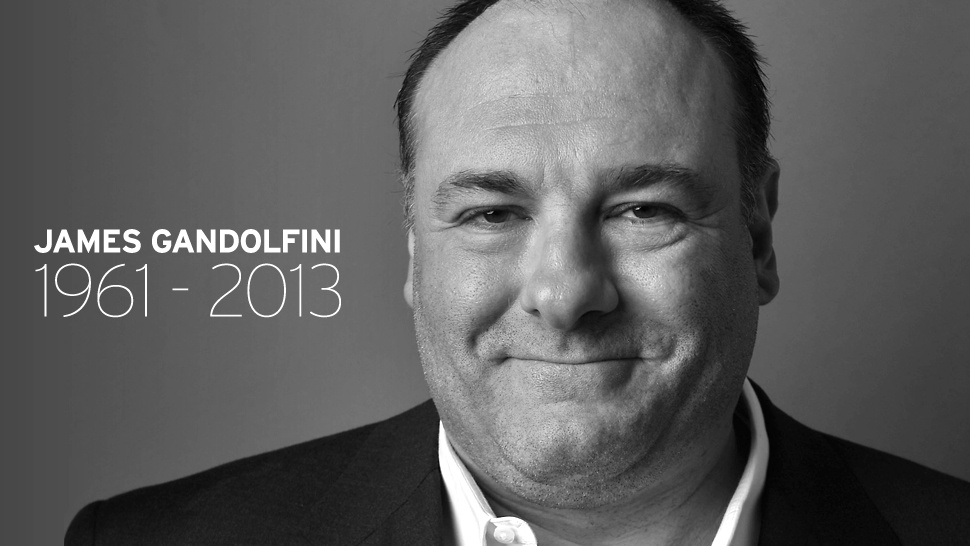Gandolfini Will and Estate Planning Lessons

When actor James Gandolfini, otherwise recognized as the character Tony Soprano of the HBO award winning series, “The Sopranos,” died recently and suddenly at a young age, he left behind assets valued at about $70 million and a Will.
The Will which was made available publicly, has taken a fair amount of criticism from estate planners since, from a $70 million estate, it would potentially result in about $30 million in federal estate taxes. By the way, according to business attorneys serving in Raleigh area, this is not a problem that the average person might encounter. Even for individuals, the threshold before federal estate taxes would apply is $5 million and for spouses inheriting there is an unlimited deduction. In other words, regardless of the amount of Mr. Gandolfini’s estate, Deborah Lin, his wife would, if she were the only named beneficiary, inherit everything without federal estate tax. If there had been certain trusts in the Will, distribution to other beneficiaries would have been deferred but taxes would be saved at least until other beneficiaries ultimately inherited after Mrs. Lin’s death.
What makes the Gandolfini estate so interesting is that Mr. Gandolfini chose to leave some several bequests to beneficiaries now other than his spouse thereby making the estate subject to federal estate tax. The question whether this decision was wise bleeds into another issue that affects many smaller Wills and estates. That question is should a person, when drafting his Will, look exclusively or almost exclusively toward tax savings, whether federal estate tax or Pennsylvania or other state inheritance tax or could tax planning sometimes take a back seat to other considerations. Sometimes estate
planning is handled as though the ultimate goal is to have an estate totally or almost totally free of tax. Another consideration might be to leave your estate to those you want to receive it on your death regardless of the tax consequences. Other points, of course, include whether your spouse would have adequate funds at your death to support her or him throughout her or his life.
This is not to suggest that your spouse in most cases would not continue to be your first and only beneficiary and that others would then inherit at your spouse’s death but rather to consider the overall picture in the specific case. It is also noted that in Pennsylvania and many other states, regardless of the provisions of the Will, a spouse may claim a “spousal share” of one-third of the estate.
To start with the obvious, at your death, you have no personal involvement in whether your estate is taxed. This is an issue for your heirs.
James Gandolfini was married to his second wife since 2008 and they had a young daughter between them. His widow is apparently a woman of means and was younger. Mr. Gandolfini had a son by a prior marriage with whom he was close as well as others including nieces, sisters, assistants, and friends.
There could have been a QTIP trust and a credit shelter trust in his Will. The QTIP trust would have provided income for life to his wife and deferred taxes. The credit shelter trust could shelter the amount of the unified credit. Together they would have saved substantial taxes but his other relatives and friends would have had to wait
to receive inheritances until after his wife’s death. He could have controlled but would have had to delay distribution to his ultimate beneficiaries.
Here are some considerations.
- Ms. Lin is younger. It could have been many years before his ultimate beneficiaries received their inheritances if at all since they might predecease her or unfortunate investments could affect the fund. In an environment today where a spouse might outlive by twenty, thirty or fifty years, this is a factor that might be considered especially where there are children.
- Ms. Lin’s wealth was such that she probably did not need the funds and it is even possible that inheritance might otherwise affect her taxes, although not estate taxes. She could disclaim an inheritance although that is relatively rare.
- The Will appears to have involved a great deal of thought. Specific properties were earmarked for specific beneficiaries. Mr. Gandolfini left thirty percent, for example, to each of his two sisters who might not be expected to survive his wife.
The Will can be accessed in its entirety at www.scribd.com/doc/151472900/James-Gandolfini-Will.
About the Author Janet Colliton
Esquire, Colliton Law Associates, P.C. Janet Colliton has practiced law for over 38 years, 37 of them in Chester County, Pennsylvania, a suburb of Philadelphia. Her practice, Colliton Law Associates, PC, is limited to elder law, Medicaid, including advice, applications and appeals, and other benefits planning including Veterans benefits, life care and special needs planning, guardianships, retirement, and estate planning and administration.
